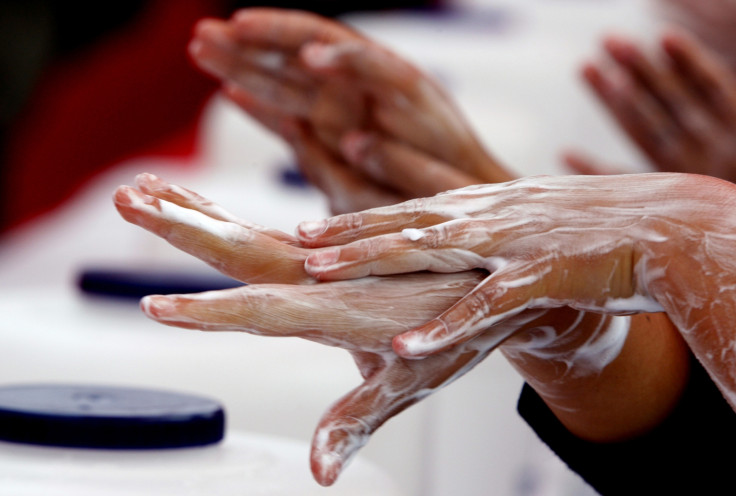Triclosan In Handwash And Soaps Could Lead To Liver Tumour, Finds Study

Triclosan causes liver fibrosis and cancer in laboratory mice through molecular mechanisms similar to those in humans, according to a study published in the Proceedings of the National Academy of Sciences.
Triclosan is an antimicrobial used in soaps, shampoos, toothpastes and many other household items.
The compound presents a very real risk of liver toxicity particularly when combined with other compounds with similar action.
This outweighs its moderate benefits, says Robert H Tukey, professor in the departments of chemistry and biochemistry and pharmacology who led the study, together with Bruce D Hammock, PhD, professor at the University of California, Davis.
The researchers believe that it would be best to do away with triclosan in products like antimicrobials where its benefits are minimal but retain its use in toothpastes where it is used in small amounts and has been shown to be of value.
Mice exposed to triclosan for six months (equivalent to 18 human years) were more susceptible to chemical-induced liver tumours.
Their tumours were also larger and more frequent than in mice not exposed to triclosan.
Triclosan could be interfering in the functioning of a protein responsible for detoxifying foreign chemicals in the body, the University of California, San Diego School of Medicine, researchers believe.
In response to this, the liver cells proliferate and turn fibrotic, leading to tumours with continued exposure to triclosan.
Triclosan is already on the FDA radar following many studies on its harmful effects. Studies have found traces in 97% of breast milk samples from lactating women and in the urine of nearly 75% of people tested.
© Copyright IBTimes 2025. All rights reserved.





















